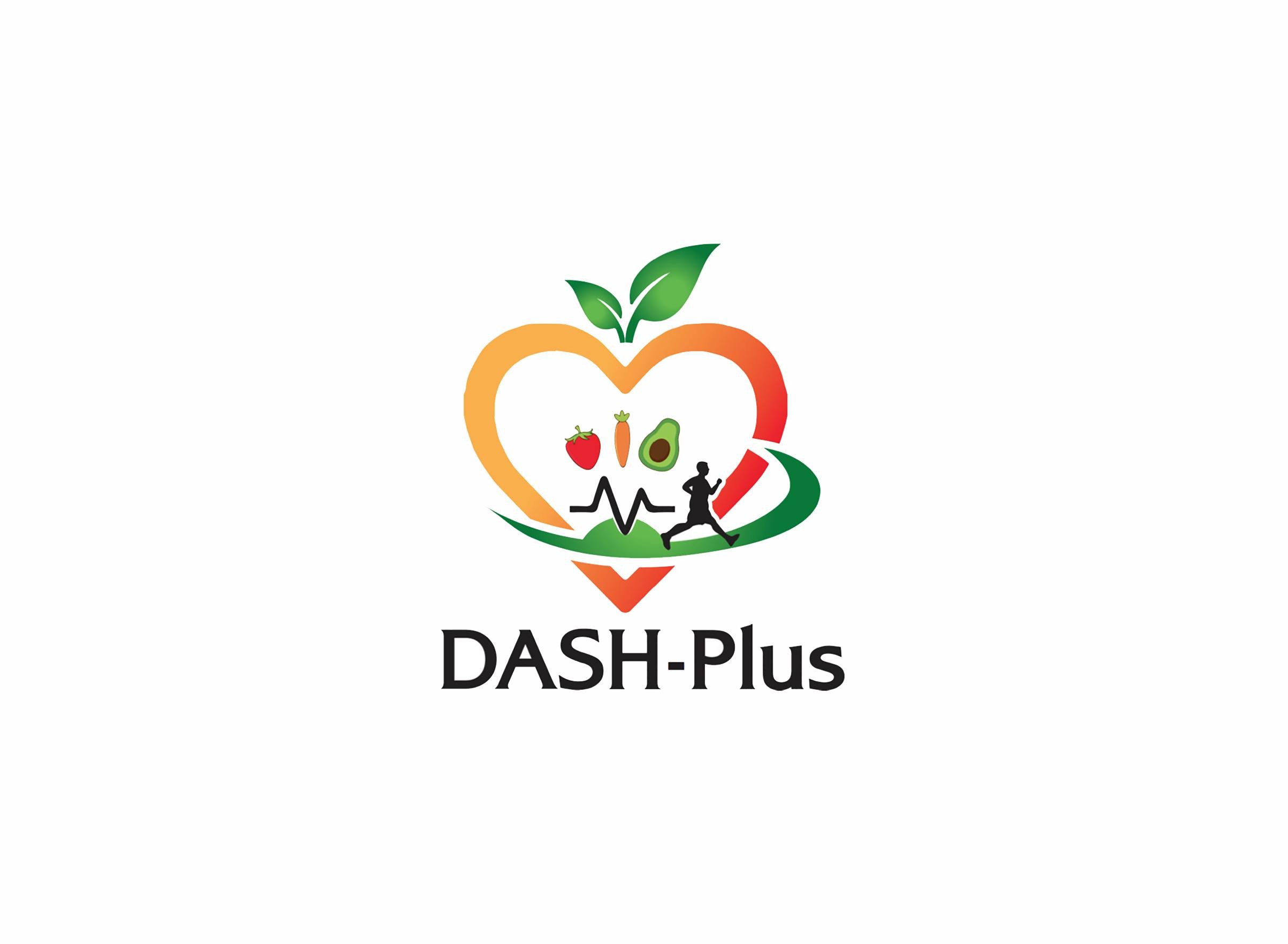Updated: August 2, 2022
Vitamin D: Deficiency, Relevant Health Issues and Major Sources (FS-1146)
Vitamin D is an important nutrient that helps keep bones healthy and allows muscles and nerves to work properly. It also supports immune system function. Vitamin D can be sourced through foods and supplements, as well as sun exposure. Of late, there has been a lot of attention to the role and function of vitamin D in the context of obesity, prevention of cancer, hypertension, and type II diabetes. Vitamin D is also involved in a variety of cells within our body. The amount of vitamin D that people need each day varies depending on age, lifestyle, and certain health conditions. Dietary sources and vitamin D supplements can meet this requirement, though dietary sources are more commonly preferred. This fact sheet will help you understand how much vitamin D you need, how it affects overall health conditions, and the major vitamin D sources. Authors: Hee-Jung Song, Mona Habibi, Dhruti Patel, and Harley Kappey; Title: Vitamin D: Deficiency, Relevant Health Issues and Major Sources (FS-1146)
Updated: March 17, 2022
Healthy Eating with the Mediterranean Diet (FS-1168)
The Mediterranean diet is a healthy eating approach to address chronic disease. It emphasizes fresh fruits, vegetables, legumes, nuts, seeds, herbs, spices, and whole grains as the foundation of the diet. Authors: Jennifer Dixon Cravens, and Dhruti Patel; Title: Healthy Eating with the Mediterranean Diet (FS-1168)
Updated: January 11, 2022
How to Build a Miniature Refrigerator for Nutrition & Food Safety Demonstrations
This Fact sheet is to show educators how to recycle plastic or foam board into an educational tool, that can be used for nutrition and food safety purposes.
Updated: January 20, 2021
Manure to Energy Byproducts are Useful Nutrient Sources
Manure is a great fertilizer for nutrient-poor soils. However, when transport costs limit utilization, alternative uses such as energy production become viable. In most cases, manure-to-energy practices produce nutrient-rich byproducts that can be used as a soil amendment. While nitrogen (N) may be lost, other nutrients like phosphorus (P) and potassium (K) are often more concentrated in these byproducts. Manure-to-energy practices include anaerobic digestion and thermal methods (pyrolysis, gasification). Composting and nutrient extraction also can alter manure and help concentrate nutrients for easier and less costly transport. The nutrient value of these byproducts is discussed.
Updated: January 10, 2021
Get Hooked! Seafood’s Role in a Healthy Diet
Seafood provides essential nutrients that can help prevent disease and improve quality of life. The FDA and EPA advise eating eight to twelve ounces of seafood every week. However, national data indicates Americans are under consuming seafood products (only five ounces per week) and may be foregoing health benefits. This fact sheet discusses the importance of seafood in a healthy diet—essential nutrients, recommended servings, and suggested varieties—to promote increased consumption.
Updated: January 9, 2021
Farm to School: Increasing Sales by Local Famers for Healthier School Lunches (FS-933)
There is increasing interest in the sale of local farm products in county and city school systems. Students can benefit from fresh, local produce and farmers can benefit from diversifying markets and increasing sales. However, increasing the sale of local farm production to schools – also known as Farm to School – has its challenges. This fact sheet examines different ideas for overcoming those challenges and improving farm to school sales.
